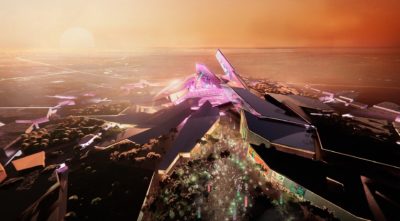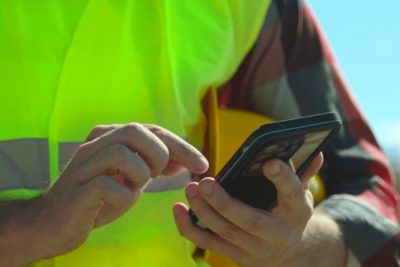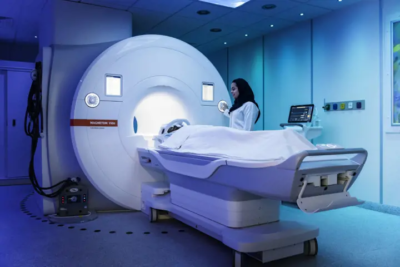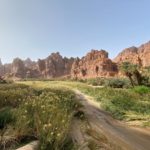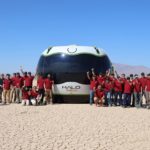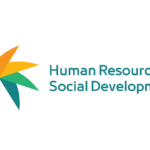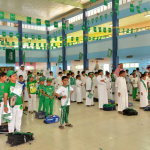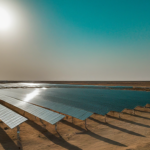
“Bukhari delivered a clear message to Aoun that the Saudis are ready to help Lebanon under two conditions: that the Lebanese state distances itself from Hezbollah and Iran, and that Lebanon confirms its willingness to respect the decisions of the Arab League and the international resolutions.”
-A “well-informed source” told L’Orient-Le Jour. Saudi Ambassador to Lebanon Walid Bukhari has been meeting with Lebanese officials in recent days to prepare for parliamentary elections in May. [L’Orient Today]

“Over months and years, Russia pursued a scorched earth strategy on behalf of its Syrian partners, killing and exhausting civilians who lived behind rebel lines. In contrast to U.S. practices of using precision-guided munitions after thorough intelligence assessments, Russia was content to use a larger number of more powerful bombs to ensure its goals were met. But Russia was never interested in some complex notion of victory that would leave Syria better off. Russia didn’t even seem interested in stability, and it certainly wasn’t preoccupied with reconstruction. Instead, Russia was interested in defeating its adversaries, which it largely did.”
–Jon Alterman comments on Russian war tactics and strategy. [CSIS]

“From 2017 to 2021, JPMorgan made the most investment-banking revenue in the kingdom, at $143 million, closely followed by HSBC, and then Citi at $134 million, according to research firm Dealogic.”


“I never expected to represent Saudi at the Venice Biennale…[my nomination is] a sign of how big the changes are for all those who now feel free to question and create.”
–Muhannad Shono, an artist who has been unafraid to critique the country’s social restrictions—now easing under Crown Prince Mohammed bin Salman – is the choice to represent Saudi Arabia at its national pavilion at the Venice Biennale. [The Art Newspaper]

“Several international investors, including Gulf sovereign wealth funds, have showed interest in Wataniya and the Siemens-built power plant…I see that we should secure a strategic investor ahead of the IPO…The IPO could be achieved through a private placement to sovereign wealth funds.”
–Ayman Soliman, CEO of Egypt’s SWF, according to Bloomberg. The sales are planned for this year through either an IPO, a partnership with a strategic investor or a combination of the two, he said. [Bloomberg]

“The United States welcomes the pledge by Saudi Arabia and the United Arab Emirates to provide $2 billion in economic support for the Central Bank of Yemen, as well as the pledge by Saudi Arabia to provide $1 billion for development projects and fuel support. This economic support will help stabilize the economy, improve Yemenis’ access to basic services, and ease the economic crisis that causes so much suffering.”
–Ned Price, U.S. State Department spokesperson, in a statement welcoming Saudi Arabia and the UAE’s Economic and Humanitarian Support for Yemen. [state.gov]

“Accolades for the Lucid Air have continued to flow in. Cars.com most recently anointed Lucid Air the Top Luxury EV award, and InsideEVs described the Air as being worthy of the ‘Tesla killer’ badge. This follows multiple other car awards, including MotorTrend’s 2022 Car of the Year award. As Cars.com puts it, ‘the first offering from upstart Lucid, the 2022 Air, is simply a next-level EV and a game changer for the market.’ Today, there are several reports of Tesla testing the Lucid Air at Tesla’s test track, the ultimate compliment.”

“Further reductions in electrolyzer and renewable energy costs will bring the costs of producing green hydrogen below $1.50/kg by 2030. Production costs of this magnitude are highly competitive. In the long term, the cost of green hydrogen production may reach $1/kg or below by 2050. This outcome can occur if electrolyzer costs drop further to $400 per kilowatt, with renewable energy costs falling below $10/MWh.”
The Economics and Resource Potential of Hydrogen Production in Saudi Arabia [KAPSARC]

“As tech consumers grow more global, and technology grows more decentralized, markets like Saudi Arabia are poised for dramatic shifts. ‘I’d be less bullish if this trip took place a decade earlier… [but] your median age is 25 years old,’ comparing Saudi Arabia’s smartphone-native generation to markets like Indonesia or Pakistan.”
–Emil Woods, a founding partner at New-York-based Liberty City Ventures. [Wired]
